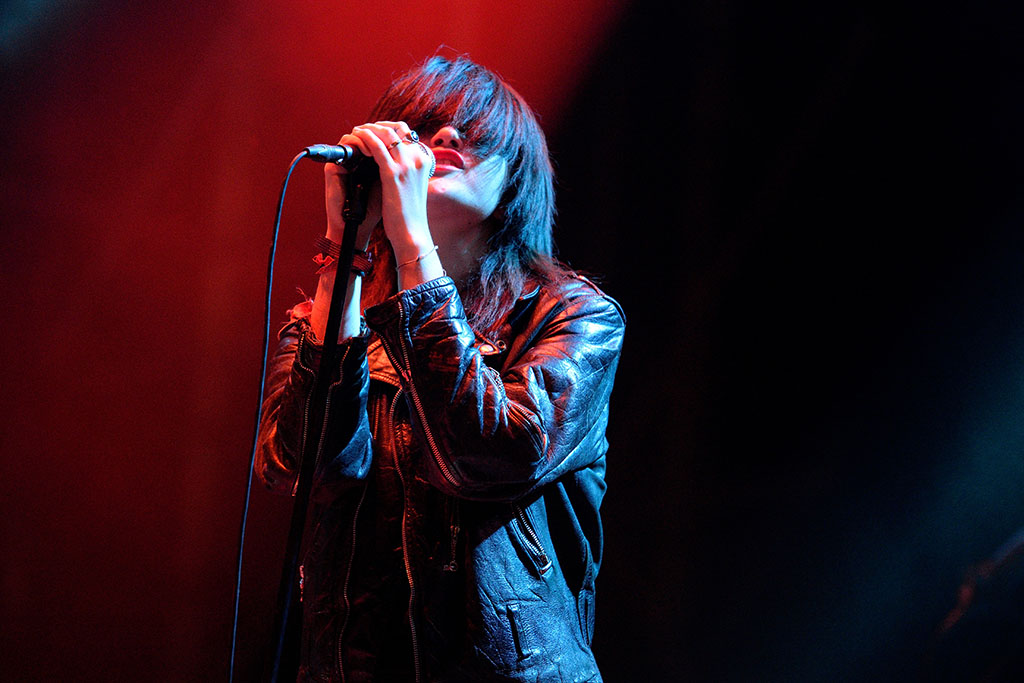
Often, when we picture the classic rock star the image we have is of a man; Mick Jagger, for example, or Elvis. Women in music are often thought of in relation to men, either with a more secondary/supportive role, or even in a negative way; Yoko Ono is still blamed for the Beatles break-up, and Courtney Love’s role in the Riot Grrrl feminist punk movement is overshadowed by her marriage to Kurt Cobain.
But women have had a major role to play in music on their own merit for as long as men have, it just hasn’t always been seen.
Hildegard von Bingen wrote over 70 musical works in the 12th century and composed the oldest surviving morality play, while there’s a theory that some of Johann Sebastien Bach’s music was written by his wife and Mendelssohn’s sister, Fanny, composed a lot of his works.
With this in mind, and in honour of International Women’s Day, we thought we’d take a look at a few influential women in music and the impact they’ve had on the industry.
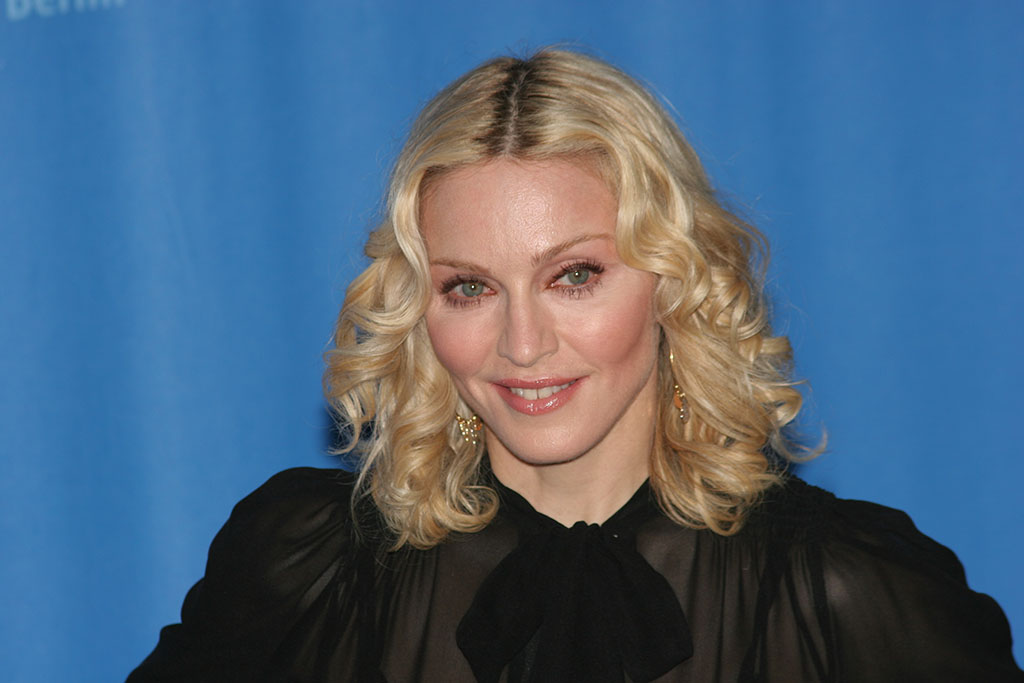
MADONNA
We can’t write about women in music without mentioning Madonna, who burst into the public consciousness in the early 80s with hits such as ‘Holiday’ and ‘Like a Virgin’, delighting young women around the world while shocking their dads.
She’s been pushing boundaries ever since, always staying ahead of the game and constantly reinventing herself. Love her or hate her, there’s no denying she’s an icon who loves to court controversy.
She’s an inspiration to both men and women; representing strong women in an industry dominated by men and regularly calling out the double standards that are still present in our society.
She’s often been referred to as being more accessible than other feminist activists and has been named as the inspiration for many female artists since, including Britney Spears, Missy Elliot, Beyonce and Rihanna.
You probably won’t be surprised to hear that she features quite heavily in our blog post about the best music feuds, but this is partly why we love her as she’s never been afraid to stand up for what she believes in, encouraging us to do the same.
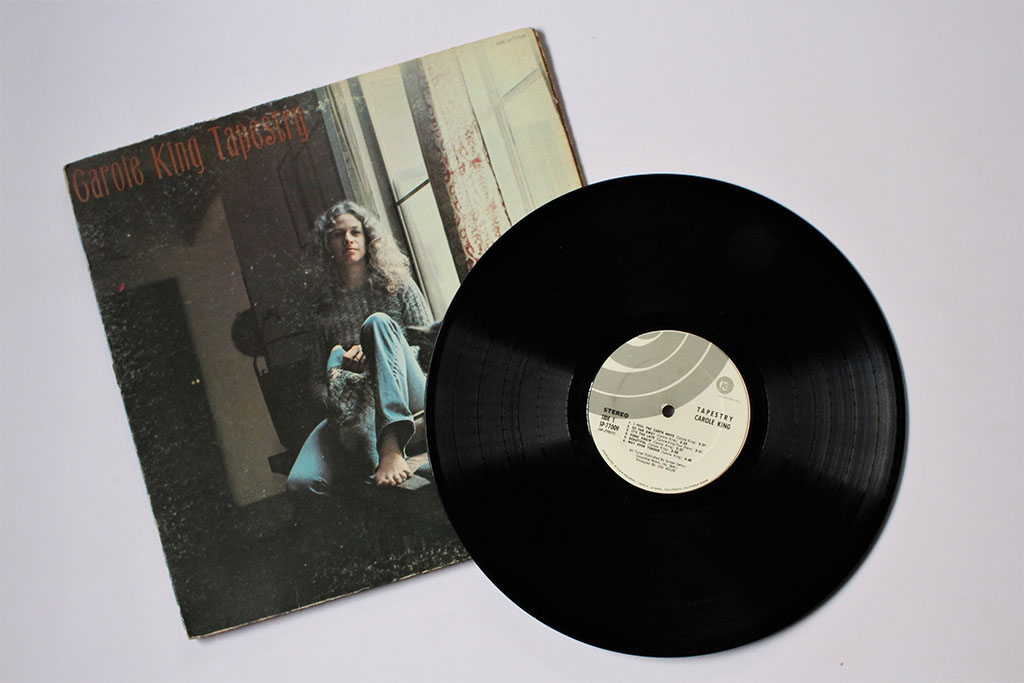
CAROLE KING
Carole King started out in the late 1950s writing and producing songs for other artists, including Aretha Franklin’s ‘(You Make Me Feel Like) A Natural Woman’, before becoming an artist in her own right in the 1970s.
Her debut album, Tapestry, which she wrote when she was only 29, quickly became a classic; it was voted the 25th greatest album of all time by Rolling Stone and held the record for the most weeks at number one by a female artist for over 20 years.
The songs are as relevant now as they were then and lots of artists have claimed to be inspired by this album, including James Taylor, Tori Amos and Rufus Wainwright. She’s won four Grammy awards and has been included in the Rock and Roll Hall of Fame twice.
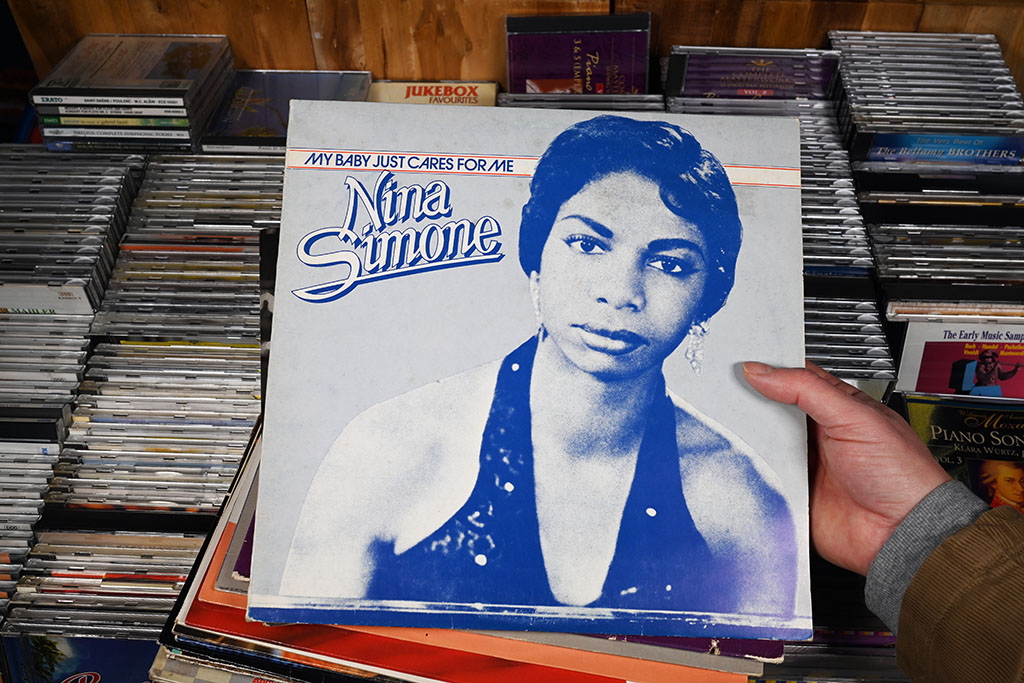
NINA SIMONE
Nina Simone, also known as the High Priestess of Soul, started out as a classical musician whose ambition was to become the first African American concert pianist.
She was part of an era of women who used their music to push for equality and she was a prominent voice in the civil rights movement in the 1960s; her song ‘Mississippi Goddam’ (which she wrote in less than one hour) was inspired by a Sunday school bombing in Alabama that killed four young black girls.
Her music has been described as many things, including jazz, gospel and even pop, but she described it herself as ‘black-oriented classical music’. Her music has left a lasting impression, and she has inspired female artists such as Aretha Franklin, Joni Mitchell, and Lauryn Hill.
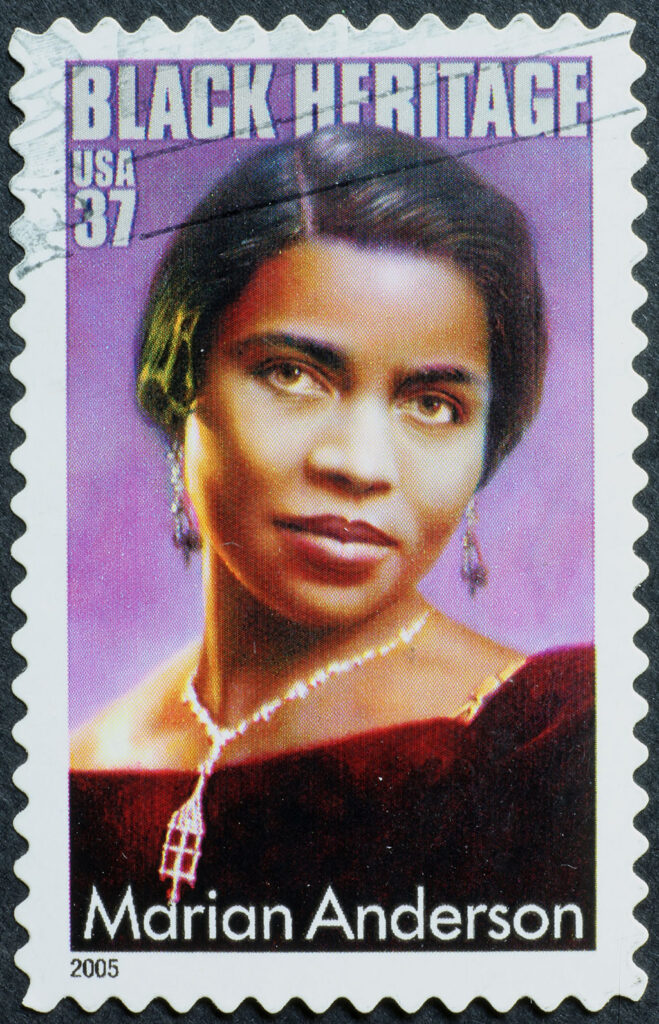
MARIAN ANDERSON
Born in 1897, Marian Anderson was singing in her local church choir by the age of 6. Her family couldn’t afford singing lessons and she was refused entry to the Philadelphia Musical Academy because she was black, but her local church community raised the money to pay for some lessons. She would also listen to recordings of opera singers and copy them.
After winning a competition in 1925 she sang at Carnegie Hall, and her career really took off but, as a black woman in a predominantly white industry, she was still hindered by racial prejudice; even at the height of her fame she had to ride in segregated train carriages and perform for white-only audiences.
She went on to perform in the US and Europe, sang at the White House for Roosevelt and his wife, Eleanor, and became friends with Albert Einstein.
In 1939 she performed at the famous Lincoln Memorial concert after she’d been banned from performing at another concert because of the venue’s white performers-only policy; this became an iconic event, with a crowd of 75,000. She also became the first black singer to sing at the Metropolitan Opera in 1956.
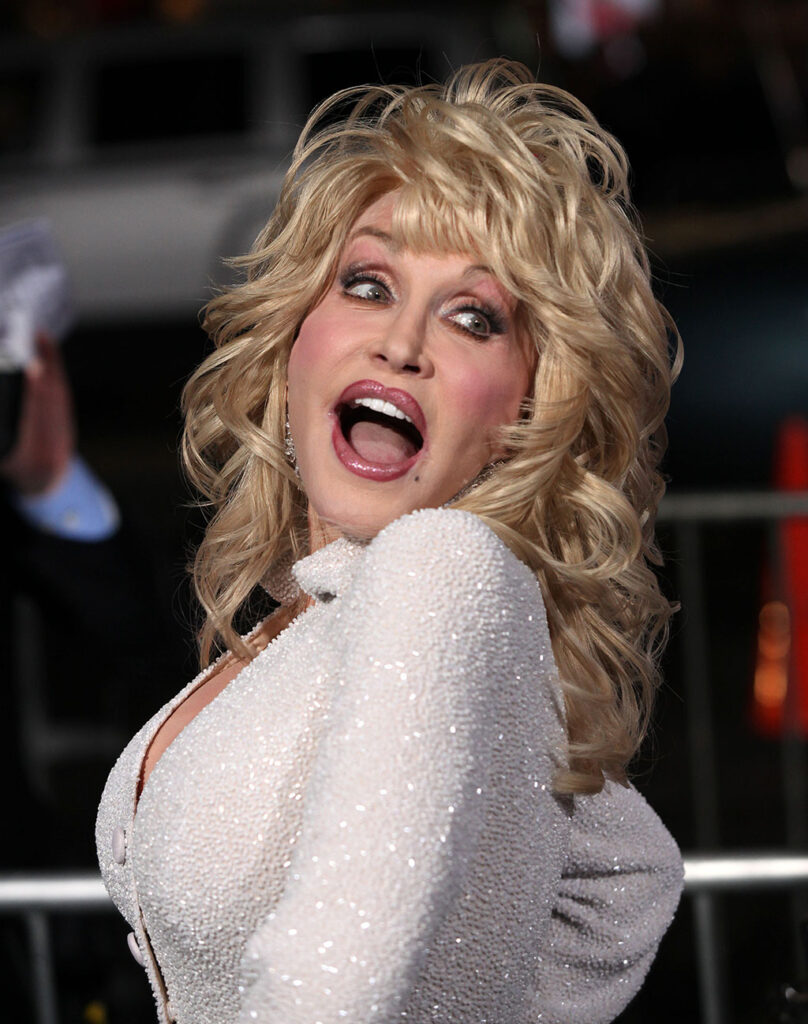
DOLLY PARTON
The undeniable Queen of Country Music, Dolly Parton holds the record for having the most hits by a female artist on Billboard’s Hot Country chart. She started out writing songs for other artists before performing her own songs; she’s reported to have written over 3000 songs and she’s one of the few artists to have received a least one nomination for an Emmy, a GRAMMY, an Oscar and a Tony.
She constantly challenges stereotypes about women, blowing the ‘dumb blonde’ stereotype out of the water. Her jaunty classic ‘9 to 5’ is actually an anthem for working women, inspired by the women’s activist movement ‘9to5’ that campaigned for equal pay in the 1970s.
She creates a stir whatever she does, from her flamboyant clothes that challenge outdated ideas about how women should dress, to her philanthropy.
She’s behind a campaign to improve literacy, ‘Dolly’s Imagination Library’ that gives out over 10 million books a year and regularly donates anonymously to causes in local communities, vaccine research and scholarships.
There are so many other female artists worthy of a mention here, women such as Patti Smith, Ella Fitzgerald, Billie Holiday and Kate Bush; Grace Slick, Janis Joplin, Siouxsie Sioux and Ma Rainey, all of whom have paved the way in their various genres for a more recent wave of strong female artists.
Taylor Swift, Amy Winehouse, Lana Del Ray, Lizzo and FKA Twigs; Peaches, Phoebe Bridgers, Billie Eilish and SZA are all artists who still struggle to be taken seriously in an industry that still seems to be dealing with misogyny and racism.
Recent figures show that in 2023 48.5% of top ten songs were made by women, and we’re seeing a wider range of diversity in the industry, so while women may not yet run the world, we’re definitely heading in the right direction.
All content provided on this blog is for informational purposes only. We make no representations as to the accuracy or completeness of any information on this site or found by following any link on this site. We will not be liable for any errors or omissions in this information nor for the availability of this information. We will not be liable for any loss, injury, or damage arising from the display or use of this information. This policy is subject to change at any time.


